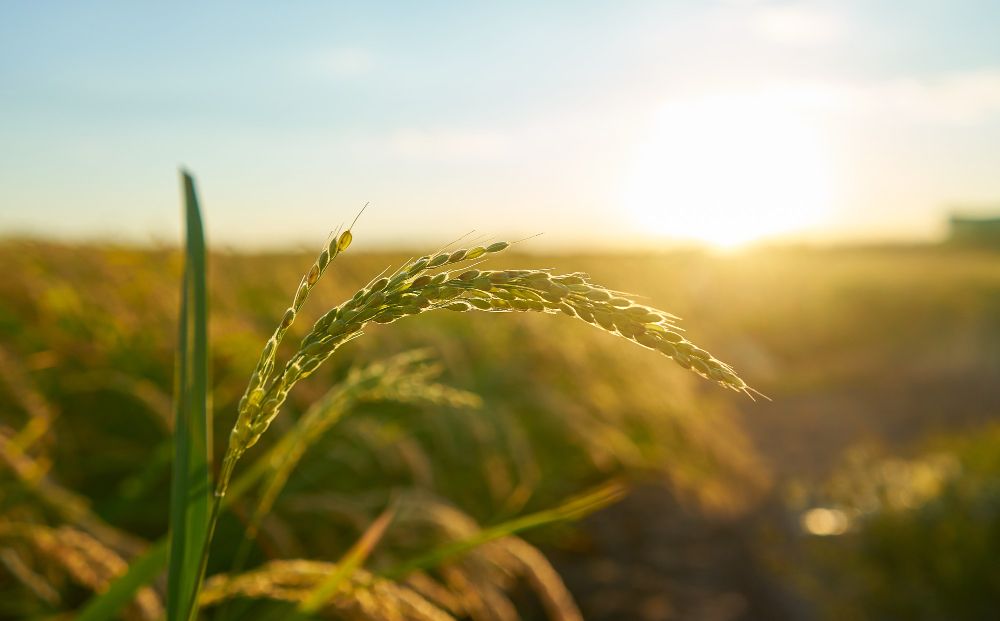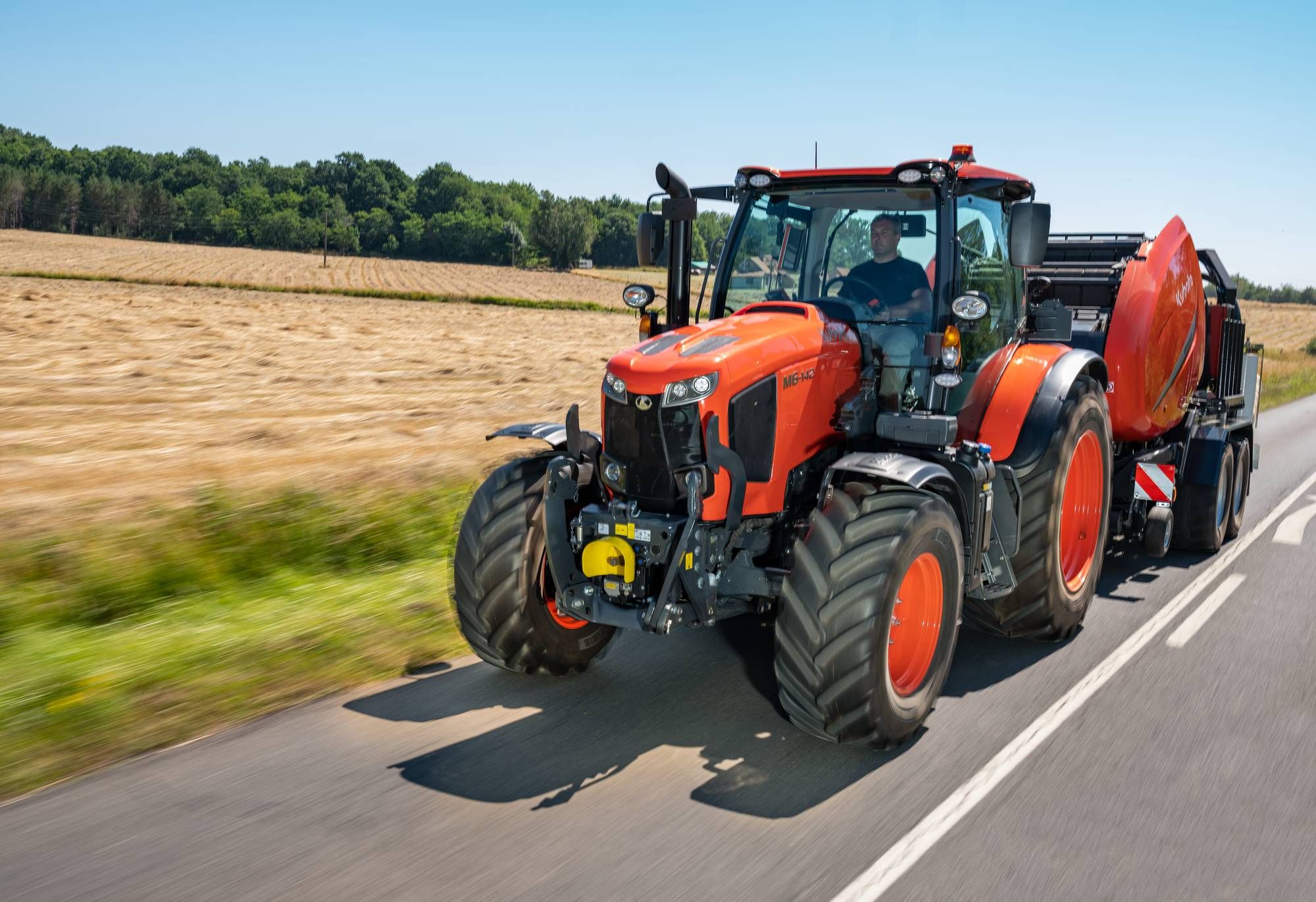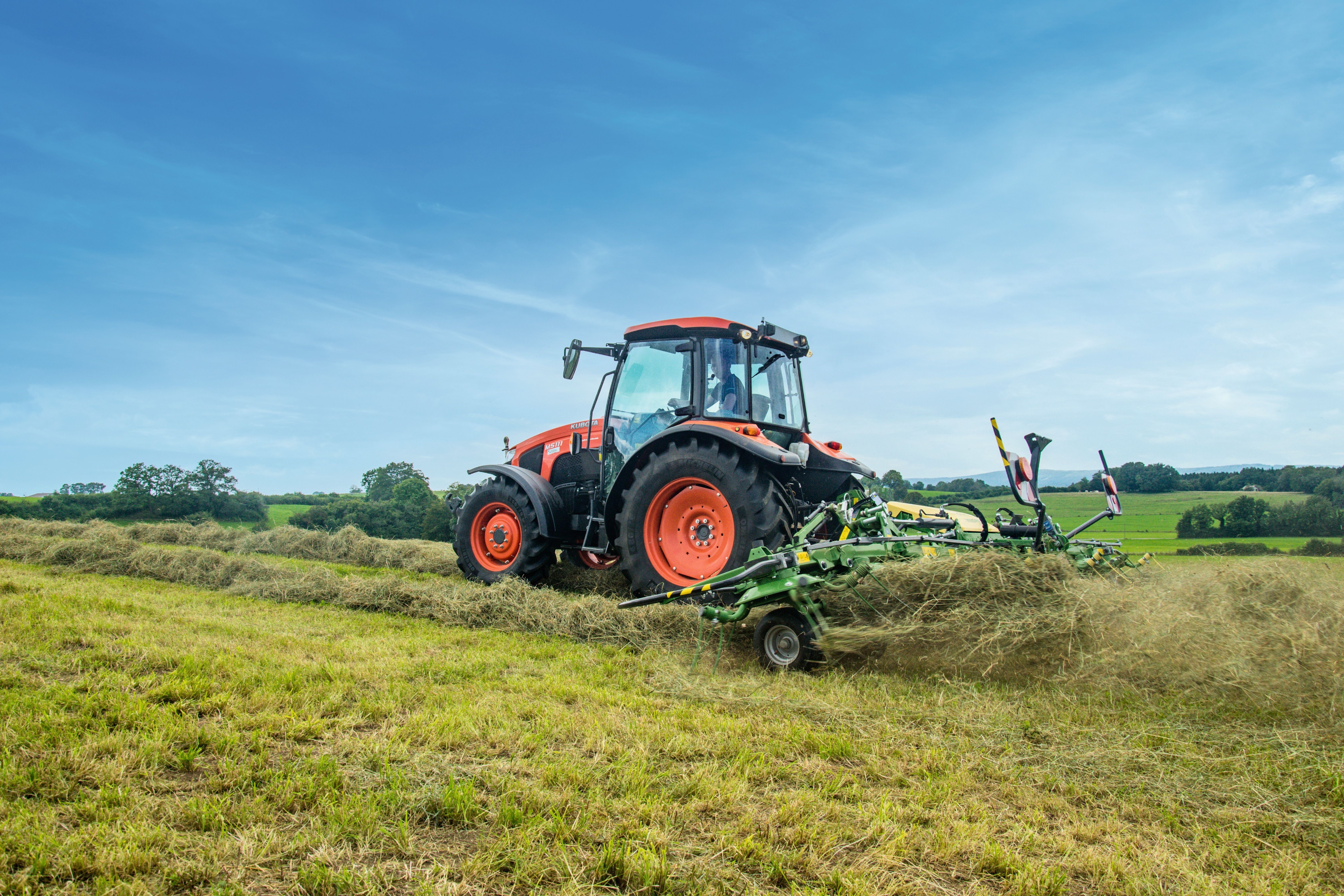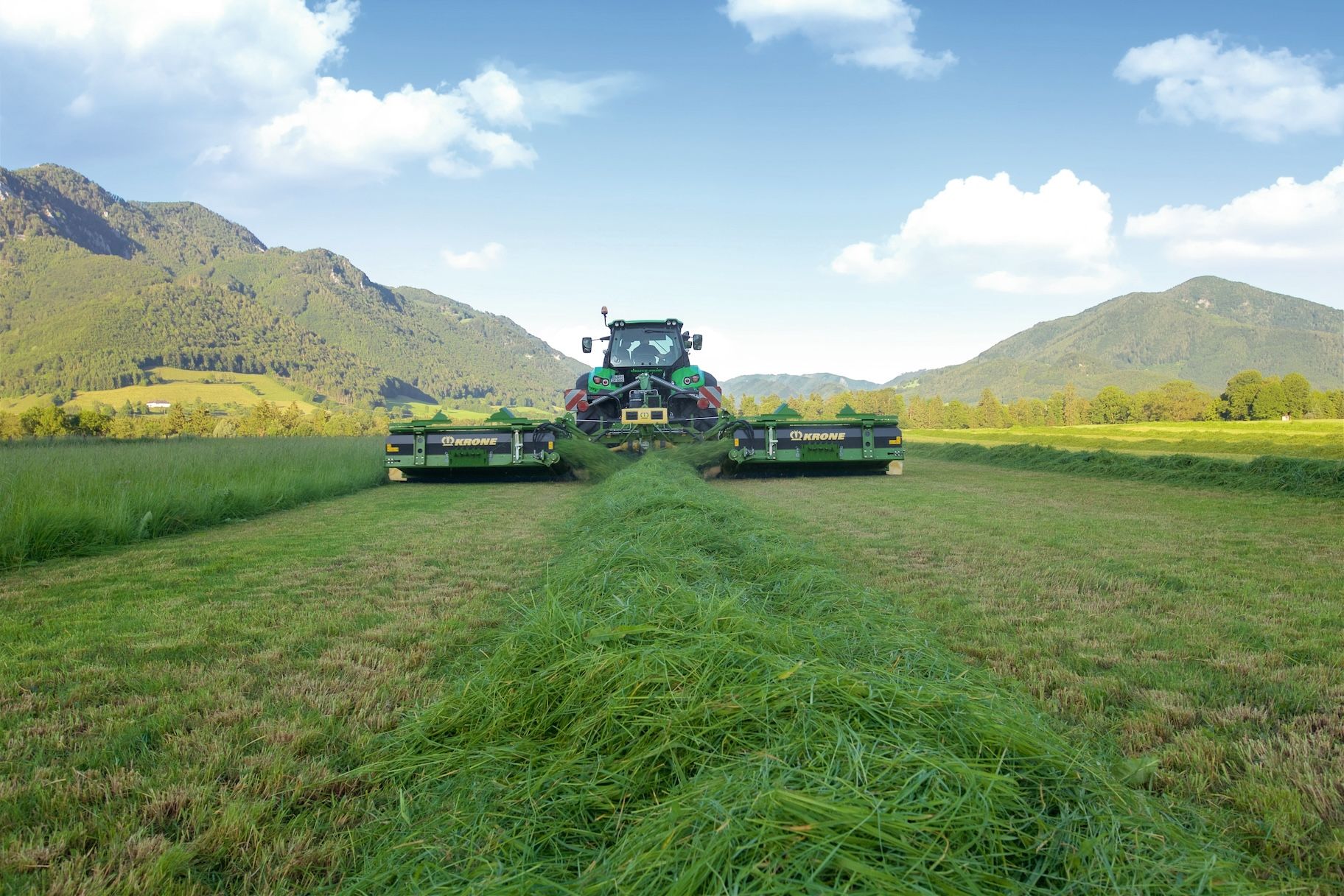
Hybrid farming: the middle way
Combination of organic and conventional farming
Conventional agriculture has a reputation for having a negative impact on the environment, while organic farming lacks the necessary productivity to provide a large amount of food at affordable prices for the population. Hybrid farming could potentially offer a way out of this dilemma. This farming method combines the advantages of conventional and organic farming in order to ensure efficient but resource-saving food production. For example, mechanical weed control is used instead of herbicides, while the soil is supplied with the necessary nutrients via mineral fertilizers. Hybrid farming is therefore a middle way between conventional and organic farming.
Machines for hybrid farming
The machinery of a farmer who practices hybrid farming is a colorful mix. The main focus is on resource-saving agricultural technology: This includes, for example, mechanical weed control or minimized tillage without ploughing. However, traditional conventional machines are also used. In addition, particular attention is paid to fuel-efficient machines.
Advantages of hybrid farming
The idea of hybrid farming is to combine the best of organic and conventional agriculture. This is also the great advantage of this farming method: it is more resource-friendly than conventional farming, but more efficient than organic farming. Hybrid farming attempts to transfer the findings of organic farming to conventional farming. This includes, for example, the implementation of extended crop rotations, but also mechanical weed control. In contrast to organic farming, however, the use of plant protection products is not completely prohibited: even though their use should be reduced wherever possible, plant protection products are also used in hybrid farming if the health of the plants can no longer be guaranteed by other measures such as mechanical weed control. In addition, some farmers who practise hybrid farming also partially dispense with tillage. The mostly ploughless tillage not only minimizes soil erosion, but also saves fuel.
In a nutshell: Advantages of hybrid farming
- Less pollution of soil and groundwater than conventional farming
- Reduced soil erosion and increased biodiversity in contrast to conventional farming
- Use of pesticides permitted under certain circumstances
- Higher yields per unit area than organic farming
- Less bureaucracy than organic farming
Disadvantages of hybrid farming
Of course, hybrid farming also has disadvantages. Due to the mixture of conventional and organic farming methods, hybrid farming can utilize the advantages of both methods, but cannot exploit their full potential. Although hybrid farming is more efficient and productive than organic farming, it cannot keep up with conventional farming. Hybrid farming is also better than the conventional method when it comes to resource and environmental protection, but it is still more harmful to the environment than a purely organic farming method.
In a nutshell: Disadvantages of hybrid farming
- Higher soil and groundwater pollution than organic farming
- Higher soil erosion and resource consumption than organic farming
- Lower yields per unit area than conventional farming



